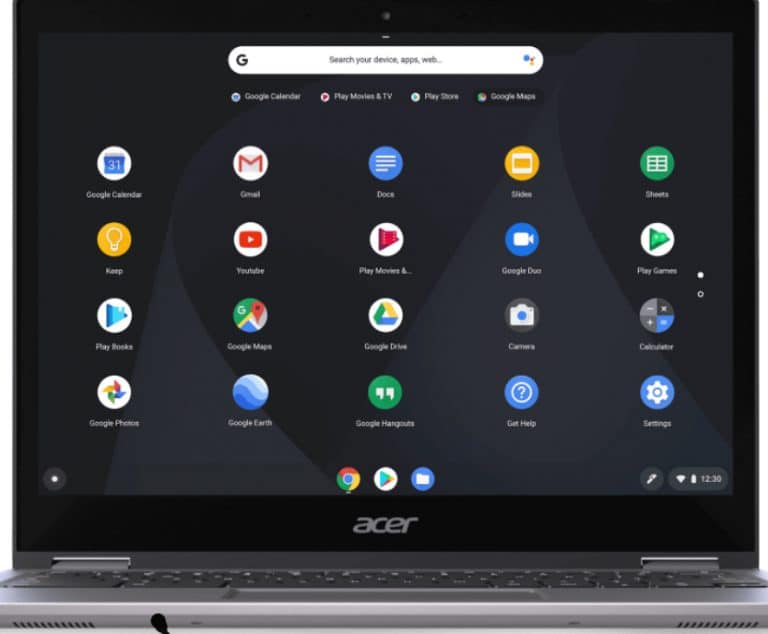How Long Does a 40V Lithium Battery Last?
How Long Does a 40V Lithium Battery Last?
Lithium batteries, including 40V ones, are renowned for their high energy density, lightweight design, and long-lasting performance.
If you’re curious about how long a 40V lithium battery lasts, factors influencing its lifespan, and ways to extend its longevity, this article is for you. So, relax and read on to discover everything you need to know about lithium battery life..
Understanding Lithium Batteries
What Are Lithium Batteries?
Lithium batteries are rechargeable energy storage devices that utilize lithium ions to transfer energy between electrodes during charging and discharging cycles.
They are known for their high energy density and are widely used in various portable electronic devices and power tools.
Types of Lithium Batteries
There are different types of lithium batteries available in the market, including lithium-ion (Li-ion), lithium polymer (LiPo), and lithium iron phosphate (LiFePO4) batteries.
Each type has its own characteristics and is suitable for different applications.
40V Lithium Batteries: An Overview
A 40V lithium battery refers to a battery system with a nominal voltage of 40 volts.
These batteries are commonly used in cordless power tools, outdoor equipment, and electric vehicles.
They provide a higher voltage compared to traditional 18V or 20V batteries, delivering more power for demanding applications.
Advantages of 40V Lithium Batteries
40V lithium batteries offer several advantages.
Their higher voltage allows for increased power output and enhanced performance.
They provide longer runtimes and faster charging compared to lower voltage batteries.
Additionally, 40V lithium batteries are often interchangeable within a specific brand’s lineup of tools, providing convenience and compatibility.
Applications of 40V Lithium Batteries
40V lithium batteries are widely used in various applications.
They are commonly found in cordless lawnmowers, string trimmers, leaf blowers, chainsaws, and other outdoor power equipment.
These batteries also power a range of cordless power tools, including drills, saws, and impact drivers.
Factors Affecting the Lifespan of a 40V Lithium Battery
Several factors can affect the lifespan of a 40V lithium battery.
Understanding these factors is essential for maximizing the battery’s longevity.
Depth of Discharge (DOD)
The depth of discharge refers to the amount of a battery’s capacity utilized during its operation before recharging.
A lower depth of discharge can help prolong the battery’s lifespan.
It is advisable to avoid fully discharging the battery and instead recharge it when the charge level drops to around 20-30%.
Temperature
Temperature plays a significant role in the performance and lifespan of lithium batteries.
High temperatures can accelerate battery degradation, while extremely low temperatures can hinder their performance.
Operating the 40V lithium battery within the recommended temperature range is crucial for optimizing its lifespan.
Charging and Discharging Cycles
The number of charging and discharging cycles a battery undergoes can impact its overall lifespan.
Every cycle causes a certain degree of wear on the battery, gradually reducing its capacity over time.
Minimizing the number of cycles and avoiding unnecessary deep discharges can help extend the battery’s lifespan.
Battery Quality
The quality of the battery itself is a crucial factor in determining its lifespan.
Opting for high-quality 40V lithium batteries from reputable manufacturers ensures better performance and durability.
Cheaper or counterfeit batteries may have shorter lifespans and pose safety risks.
How Long Does a 40V Lithium Battery Last?
A 40V lithium-ion battery typically lasts around 2-3 years in terms of age, losing about 20% of its capacity. It can go through approximately 300-500 charge-discharge cycles before its capacity significantly diminishes.
Proper care and maintenance can help extend its lifespan.
Remember this is just an estimates from our personal experience. Your might be different due to other factors listed below.
Battery Capacity and Degradation
Battery capacity gradually decreases over time due to chemical reactions occurring within the battery.
Manufacturers often specify the expected capacity retention after a
certain number of cycles, indicating the approximate lifespan of the battery. Higher-capacity batteries may tend to have longer lifespans.
Battery Management Systems (BMS)
Battery Management Systems play a vital role in prolonging the lifespan of a 40V lithium battery.
These systems monitor and control various parameters, such as voltage, temperature, and current, to ensure optimal battery operation.
A well-designed BMS can prevent overcharging, deep discharging, and other harmful conditions that could degrade the battery prematurely.
Usage Patterns and Conditions
The usage patterns and conditions in which the battery is used also impact its lifespan.
Heavy and continuous use, exposure to extreme temperatures, and operating the battery beyond its specified limits can reduce its longevity.
Proper usage, following manufacturer guidelines, and avoiding abusive conditions can help extend the battery’s lifespan.
Recommended
- How Long Does A 40v Lithium Battery Last Per Charge?
- How Long Do Lithium Batteries Last in Storage?
- How Long Do AAA Batteries Last Unused?
Extending the Lifespan of a 40V Lithium Battery
To maximize the lifespan of a 40V lithium battery, certain practices should be followed.
Proper Charging and Discharging Practices
Following the manufacturer’s guidelines for charging and discharging is crucial.
Avoid deep discharges whenever possible and recharge the battery before it reaches critically low levels.
Use compatible chargers designed for lithium batteries to ensure safe and efficient charging.
Storage and Maintenance
If the battery will not be used for an extended period, store it in a cool, dry place with a moderate charge level (around 40-60%).
Regularly inspect the battery for signs of damage or swelling and clean the contacts if necessary.
Proper maintenance and storage can help preserve the battery’s performance and extend its lifespan.
Avoiding Extreme Conditions
Exposing the 40V lithium battery to extreme temperatures, such as direct sunlight or freezing conditions, can adversely affect its performance and longevity.
Whenever possible, store and operate the battery within the recommended temperature range provided by the manufacturer.
Conclusion
In conclusion, the lifespan of a 40V lithium battery depends on various factors, including depth of discharge, temperature, charging cycles, and battery quality.
While estimating the exact lifespan is challenging, adhering to best practices such as proper charging, storage, and usage patterns can significantly prolong the battery’s life.
By understanding these factors and implementing effective strategies, users can optimize the lifespan and performance of their 40V lithium batteries, ensuring reliable power for their applications.
FAQs About Lithium Battery lifespan
1. How long does a 40V lithium battery last?
A 40V lithium-ion battery lasts around 2-3 years and goes through 300-500 charge cycles before significant capacity loss. Proper care can extend its lifespan.
2. How many charging cycles can a 40V lithium battery endure?
A 40V lithium-ion battery can typically endure approximately 300-500 charge cycles before experiencing a noticeable reduction in capacity.
3. Can I use a 40V lithium battery in any 40V-compatible device? Yes, 40V lithium batteries are designed to be compatible with specific devices within the same brand or system. However, it is essential to ensure compatibility with the specific device before using the battery.
4. Can I charge a 40V lithium battery with a charger from a different voltage range? No, it is not recommended to charge a 40V lithium battery with a charger from a different voltage range. Always use a charger specifically designed for 40V lithium batteries to ensure safe and optimal charging.
5. Can I store a 40V lithium battery for an extended period without using it? Yes, you can store a 40V lithium battery for an extended period. However, it is important to store it in a cool, dry place with a moderate charge level and periodically check its condition to ensure it remains in good health.





